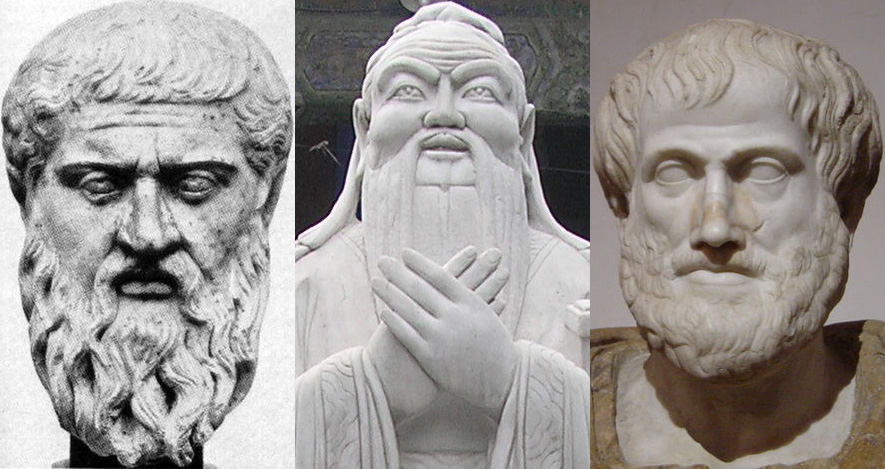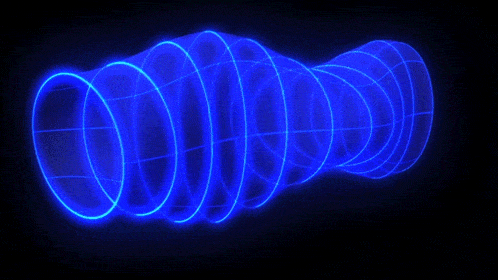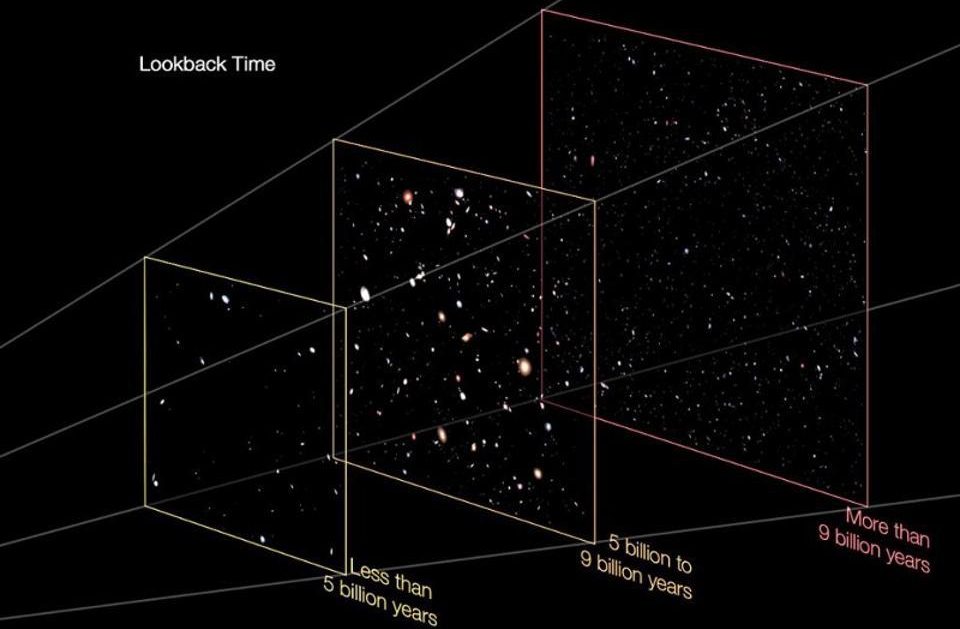Some people think it’s something diabolical; others think it’s a mélange of superstition and nonsense. In truth, it’s neither of these things.
Question: What is the occult?
Mitch Horowitz: The occult is a hot button term and people have very different associations with it. Some people think it’s diabolical to other people it’s just a mélange of superstition and nonsense, and it’s actually none of those things. And I use the term for a very specific reason because it has historical integrity.
During the Renaissance, various religious scholars and translators were just fascinated with the theology of the ancient world; the Egyptian and Greek and Roman religions that had vanished and seemed to have disappeared even without a trace during the Dark Ages. These religions were studied and rediscovered during the Renaissance in a way that hugely aroused and excited the Renaissance mind.
Starting in the mid- to late-1400’s, when scholars began to rediscover ancient Greek and even Egyptian texts, they believed they had stumbled upon some kind of primeval spirituality that predated all the modern religions and that all of our religious ideas sprang from this secret, hidden, unknown, pre-Christian, pre-Jewish spirituality, which in many cases they associated with ancient Egypt.
By the early decades of the 1500’s, that kind of spirituality which involved divination, alchemy, astrology, prophesizing, communing with spirits and angels and hidden forces, that kind of spirituality came to be called, "occult" or hidden, or secret as the term originally meant in Latin. This was an unchurched spirituality from the ancient world that was being reborn in the modern world, but without a church or a temple or a priesthood. And this unchurched spirituality, which had vanished during the Dark Ages and was now bubbling back up into the awareness of the modern mind, was called occult for that reason. It was a reclaiming of something that had been lost and the term has taken many twists and turns over the generations.
But historically it does mean something, it does refer to the spirituality that was practiced by the temple orders of the ancient world and that has come down to us today in sort of threads and strands. And that’s why I use the term.
Recorded on October 4, 2010
Interviewed by Max Miller






